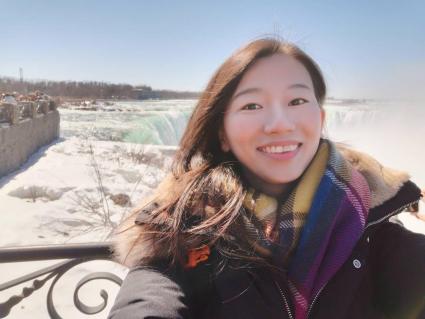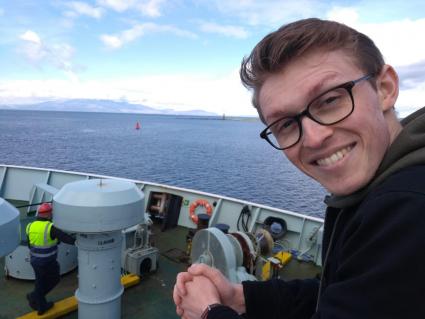The RAS is pleased to announce the winners of its prizes for the best PhD theses completed in the UK during 2020. Prizes are awarded annually: the Michael Penston Prize for the best thesis in astronomy and astrophysics, the Keith Runcorn Prize for the best thesis in geophysics and planetary science, and the Patricia Tomkins Prize for the best thesis in instrumentation science for astronomy and geophysics.
President of the Royal Astronomical Society, Professor Emma Bunce, says “Many congratulations to the 2020 RAS Thesis Prize winners and very well deserved recognition for their excellent post-graduate research studies. It is always a great pleasure to see early career researchers recognised through our thesis prizes, and across such varied and interesting topics. I am excited to see what the future holds for these outstanding scientists”.
Michael Penston Prize 2020
The 2020 Michael Penston Thesis Prize is awarded to Dr Jennifer Yik Ham Chan for her thesis on ‘All-sky Radiative Transfer and Characterisation for Cosmic Structures’. Dr Chan completed her B.A. (Hons) in Physics at the University of Oxford, supported by the full scholarships of the Benenden School Hong Kong Trust.
During her summer breaks, Dr Chan undertook various projects, including a project on diagnosing large-scale cosmic magnetic fields at Mullard Space Science Laboratory (MSSL), University College London (UCL). She then pursued her MS.c. in Astrophysics and PhD in Space Science & Climate Physics at UCL to continue to do more research into how we can explore the expanding Universe using radiation from space.
Dr Chan’s research aims to understand how the Universe came into being today, focusing on two crucial aspects: ionisation and magnetism in the Universe on the largest possible scales.
The runner up for the 2020 Michael Penston Thesis Prize is Dr. Luisa Lucie-Smith for her thesis on ‘Insights into cosmological structure formation with machine learning’.
Keith Runcorn Prize 2020
The 2020 Keith Runcorn Thesis Prize is awarded to Dr Tom Kettlety for his thesis on ‘‘Microseismic and geomechanical investigation of injection-induced fault reactivation.’
Dr Kettlety is a Postdoctoral Researcher at the University of Oxford. He completed his PhD at the University of Bristol in 2020. Dr Kettlety studies earthquakes triggered by fluids, both anthropogenic (e.g. due to fracking or geothermal energy) and natural (e.g. volcano seismicity). Using observations of earthquakes too small to generally be felt on the surface (i.e., microseismicity), he investigates the physical processes that are occurring, and develops methods to better monitor and forecast seismicity.
Dr Kettlety will be continuing this research over the next few years, chiefly applying it to offshore CO2 sequestration, a key part of the carbon capture and storage (CCS) technologies needed to meet emissions targets in the coming decades.
The runner up for the 2020 Keith Runcorn Prize is Dr Alexander Bader for his thesis ‘The dynamics of Saturn's ultraviolet aurorae’.
Patricia Tomkins Prize 2020
The 2020 Patricia Tomkins Thesis Prize is awarded to J Michael Grappone for his thesis ‘Prototyping the next generation of versatile paleomagnetic laboratory’.
Grappone started down his multidisciplinary research path while an undergraduate student at the California Institute of Technology. He entered as a mechanical engineering student but quickly became fascinated with magnetism.
During his undergraduate studies, he worked on an in-situ field magnetometer system that replicated the movements of a NASA Mars rover arm. His work at the University of Liverpool expanded his magnetometer expertise into the realm of quantum mechanics and superconduction and brought years of not only hard work but also exciting results.
Currently, he is applying his instrumentation expertise in an industrial research & development setting in the field of medical technology. He hopes to work in renewable (especially geothermal) energy in the future.
The Royal Astronomical Society congratulates the winners and the runners up of the 2020 Thesis Prizes, and wishes them the best in their careers and future endeavours.




